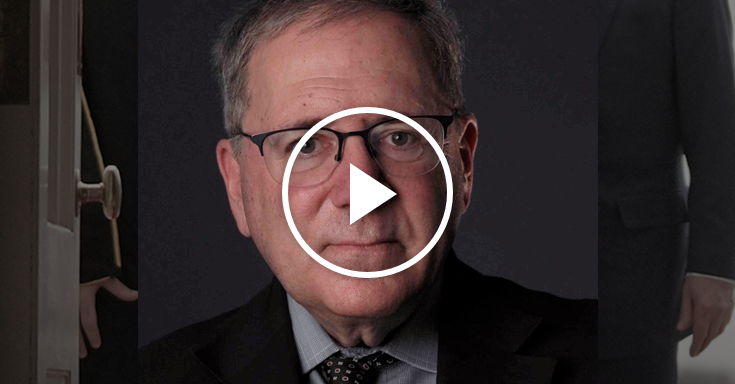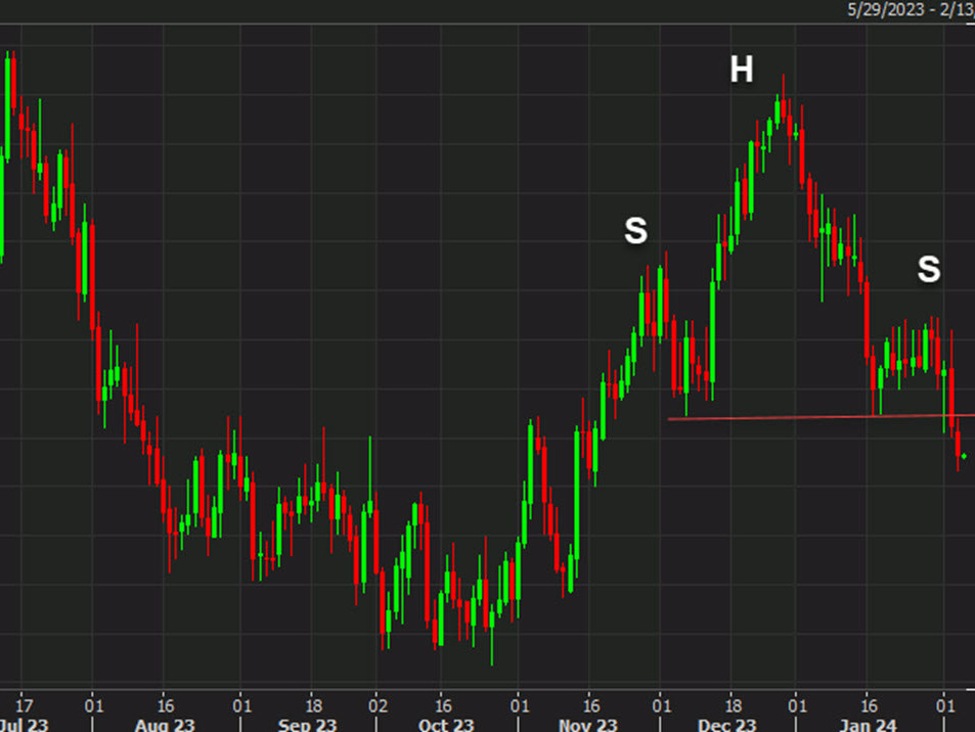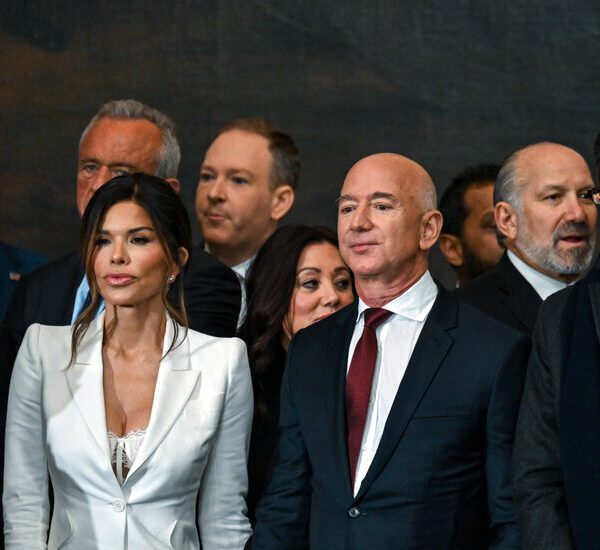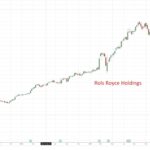- Many participants suggested that, under their economic outlooks, it
would likely be appropriate to keep the target range unchanged for the
rest of the year. - Most participants judged that further downward adjustments would likely be appropriate over time to move toward a neutral stance.
- Several participants assessed a Dec cut would be appropriate if economy evolved as they expected
-
Downside risks to employment have risen in recent months, while job gains have slowed
-
Inflation has moved up since earlier in the year and remains “somewhat elevated,” with upside risks still present
-
Almost all participants agreed to end balance sheet runoff (QT) on December 1 as reserves approach “ample” levels
-
Participants noted a “divergence” in consumer spending: High-income households are supported by equity gains, while lower-income groups are pulling back
-
Tariffs are expected to put upward pressure on inflation in 2025 and 2026 according to staff projections
-
Staff economic outlook sees GDP growth remaining above potential until 2028, though uncertainty remains elevated.
-
Some participants commented on stretched asset valuations in financial
markets, with several of these participants highlighting the possibility
of a disorderly fall in equity prices
Reminder, the Fed cut to 3.75-4.00% at this meeting and Stephen Miran wanted a larger 50 bps cut; Jeffrey Schmid wanted no cut at all.
This is a notable line:
“Many participants expected some additional pickup in core goods inflation over the next few quarters, driven in part by further pass-through of tariffs to firms’ pricing.”
Another notable line:
many participants were in favor of lowering the target range for the
federal funds rate at this meeting, some supported such a decision but
could have also supported maintaining the level of the target range, and
several were against lowering the target range
Very important for December:
Several participants assessed that a further lowering of the target
range for the federal funds rate could well be appropriate in December
if the economy evolved about as they expected over the coming
intermeeting period. Many participants suggested that, under their
economic outlooks, it would likely be appropriate to keep the target
range unchanged for the rest of the year.















